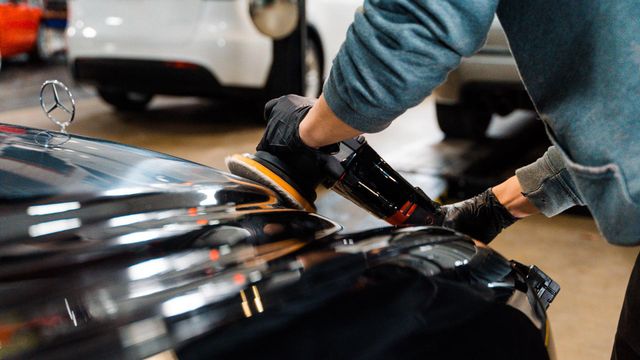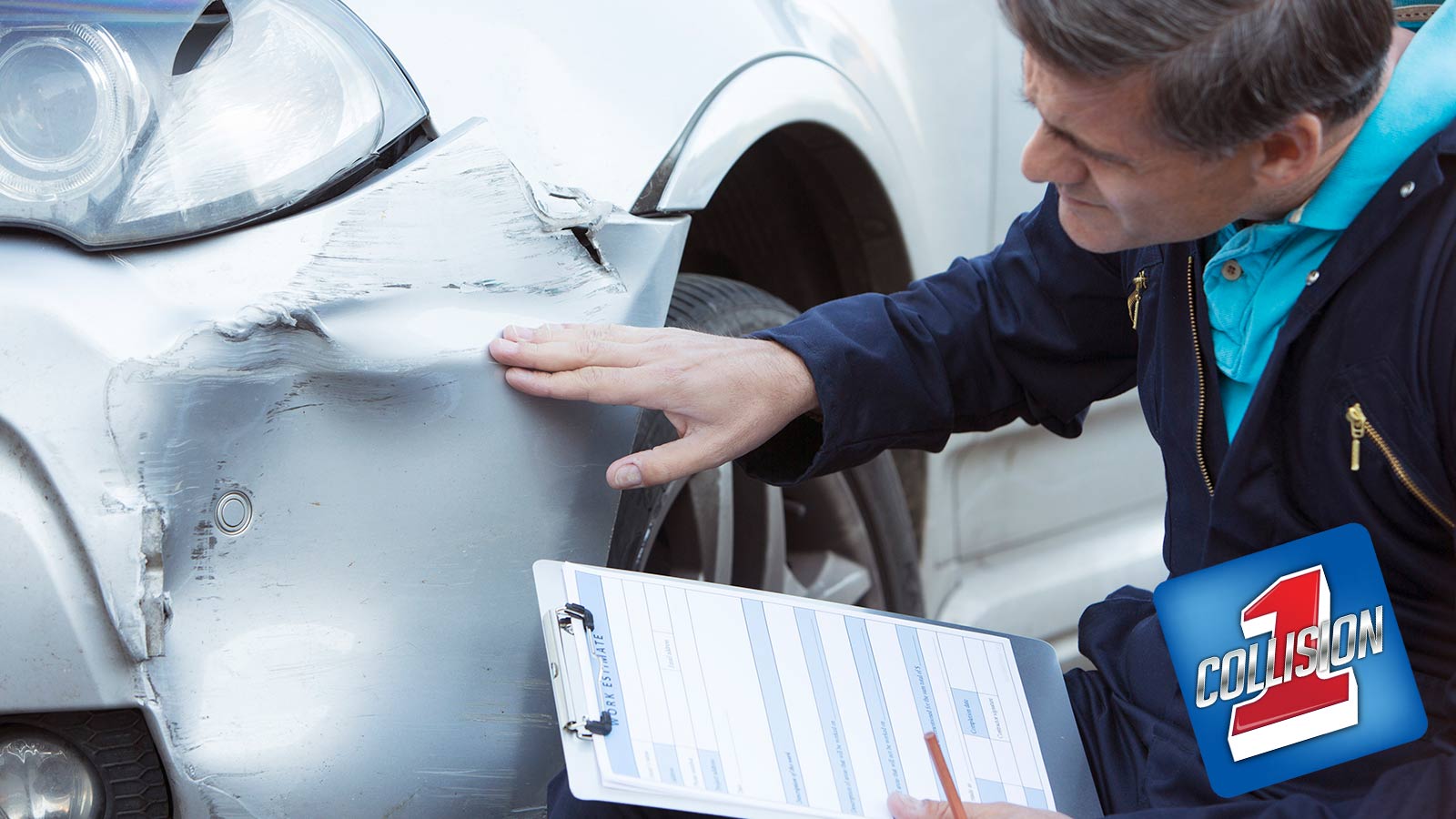Top New Automotive Trends You Can’t Miss in 2024
The automotive industry is on the brink of a transformative leap forward as we venture into 2024. With each passing year, innovation breathes fresh life into the sector, and 2024 is no exception. From sustainable practices to advanced technologies, the landscape of the auto world is rapidly evolving. Here’s a closer look at the top automotive trends 2024 that you simply can’t miss, showcasing the must-see car innovations and emerging automotive developments that are shaping the future of the automotive industry.
1. Electric Vehicles (EVs) Dominate the Market
As concerns over climate change and environmental sustainability mount, electric vehicles are no longer just a niche market; they are becoming the norm. Major manufacturers are ramping up production, with numerous models hitting the market in 2024. These aren’t just ordinary EVs; many feature cutting-edge technology that enhances their performance and user experience.
For instance, vehicles equipped with extended-range batteries can now travel over 400 miles on a single charge. Moreover, advancements in fast-charging technology mean that recharging can take mere minutes rather than hours, making EVs more practical than ever. This growing adoption is a testament to the top automotive trends 2024, as consumers embrace a greener alternative to traditional fuel.
2. Autonomous Driving Features
The shift towards autonomous driving is no longer a futuristic dream—it’s a reality. In 2024, we expect to see more vehicles equipped with advanced driver-assistance systems (ADAS) that enhance safety and improve the driving experience. These systems can assist with lane-keeping, adaptive cruise control, and even parking assistance.
Some manufacturers are taking it a step further, with features that allow for semi-autonomous driving on highways. This technology not only promises to reduce traffic accidents but also offers convenience for those long commutes. As this trend gains traction, the automotive industry is paving the way for a future where self-driving cars could become commonplace, showcasing the must-see car innovations in today’s market.
3. Sustainable Manufacturing Practices
As the automotive sector shifts toward sustainability, 2024 will witness a significant emphasis on eco-friendly manufacturing practices. Leading car manufacturers are adopting methods that reduce waste, utilize recyclable materials, and minimize their carbon footprints.
For example, many brands are investing in bio-based plastics and other sustainable materials for vehicle interiors, moving away from traditional petroleum-based components. This commitment to sustainability extends to the entire supply chain, as companies seek to create a circular economy within the automotive sector. Such initiatives not only cater to eco-conscious consumers but also align with global regulations aimed at reducing environmental impact, marking a pivotal moment in the future of the automotive industry.
4. Advanced Connectivity Features
The integration of connectivity in vehicles is another noteworthy trend in 2024. Modern cars are becoming more like smartphones on wheels, offering a host of features that enhance the driving experience. From in-car Wi-Fi to advanced infotainment systems, these innovations allow drivers and passengers to stay connected, entertained, and informed.
In 2024, expect to see more vehicles equipped with over-the-air (OTA) software updates, allowing manufacturers to push new features and fixes without the need for a dealership visit. Additionally, vehicle-to-everything (V2X) communication is on the rise, enabling cars to communicate with each other and with infrastructure, improving traffic flow and safety. This level of connectivity is essential for the emerging automotive developments that will redefine how we interact with our vehicles.
5. Enhanced Safety Features
Safety remains a top priority in automotive design, and 2024 is set to introduce several innovative safety features that are game-changers. Collision avoidance systems, pedestrian detection, and enhanced airbag technologies are just a few examples of advancements designed to protect drivers and passengers alike.
Moreover, manufacturers are increasingly incorporating artificial intelligence (AI) into their safety systems, enabling vehicles to learn from their environments and make real-time adjustments to prevent accidents. This shift towards smarter, more responsive safety technologies reflects a broader commitment to ensuring that the roads are safer for everyone.
6. Integration of Artificial Intelligence (AI)
Artificial intelligence is making waves across various sectors, and the automotive industry is no exception. In 2024, we will see AI playing a pivotal role in numerous aspects of vehicle design and functionality. From predictive maintenance that anticipates when parts will need replacement to personalized driving experiences based on user preferences, AI is set to revolutionize how we interact with our cars.
Additionally, AI-enhanced analytics will help manufacturers understand consumer behavior and preferences better, leading to more tailored products and services. This focus on personalization signifies a major shift in the automotive industry, further reinforcing its alignment with modern consumer demands.
Conclusion
As we look ahead to 2024, the top automotive trends are not just about technological advancements; they represent a significant evolution in how we perceive mobility. From the dominance of electric vehicles and autonomous driving to sustainable manufacturing and enhanced connectivity, the must-see car innovations of this year are paving the way for a more efficient, safer, and environmentally friendly automotive landscape.
These emerging automotive developments are a clear indication that the future of the automotive industry is bright and filled with possibilities. Whether you’re a car enthusiast or a casual driver, embracing these changes will undoubtedly enrich your experience on the road. Keep your eyes peeled for these trends, as they will shape the vehicles of tomorrow and redefine our relationship with transportation.



